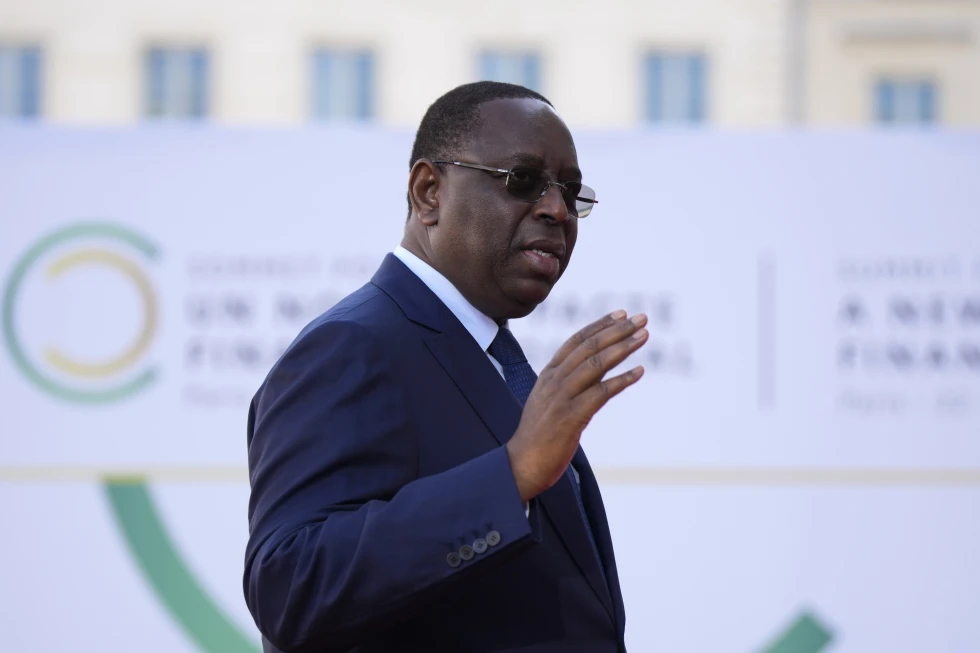In a ceremony held in the heart of Dakar, the Senegalese capital, an avenue distinguished by colonial ties was renamed in honour of President Macky Sall. This decision was made by Alioune Ndoye, the mayor of the Dakar-Plateau district who also serves as the Minister for the Environment. The avenue was formerly named after Faidherbe, a French colonial figure in West Africa.
The choice to rename the street was made in mid-July, as a tribute to President Sall, who was described as “an illustrious statesman, leader and outstanding builder”. Firstly elected in 2012 for a seven-year term and subsequently re-elected in 2019 for a five-year term, Mr Sall made an announcement on 3rd of July, stating that he would not be pursuing another term in the presidential elections slated for February 2024.
Irrespective of this proclamation that could be said to have lightened the political atmosphere to some degree in Senegal, there yet remain lingering tensions. Ousmane Sonko, the opposition’s leading figure, who has been under detention since July’s end, is currently convalescing in an intensive care unit in a Dakar hospital following a reported hunger strike.
Further fuelling these tensions, an executive from Sonko’s party, Amadou Ba (unrelated to the Prime Minister), was detained on Friday. According to his legal representative, Ciré Clédor Ly, Ba remains in the research section with the gendarmes yet to disclose the reasons behind his arrest.
The renaming of streets bearing references to France’s colonial history has emerged as a pertinent issue in Senegal. The first French settlement founded south of the Sahara was in the Senegalese city of Saint-Louis, in the 17th century, which had previously renamed ‘Place Faidherbe’ in September 2020, to reflect a local title.
Louis Léon César Faidherbe (1818–1889), the former namesake of the avenues, has a chequered history. In France, he is celebrated as the military figure who was vital in saving the northern parts of France from Prussian invasion during the 1870–1871 war. Contrarily, the Senegalese perception of him is one who spearheaded French colonial endeavours as the governor in the 1850s and 1860s, and was responsible for violent colonial campaigns, widespread killings, and the obliteration of numerous villages.
Consequently, this renaming goes beyond just changing a street’s title; it is suggestive of the continually evolving narratives surrounding colonial history, not only in Senegal, but Africa at large. It is a perceptible shift towards recognising and honouring local heroes and leaders and the recalibration of public spaces to reflect the national pride and cultural identity inherent to Senegal. It is a testament to Senegal’s drive to be firmly rooted in a future distanced from its painful colonial past.





